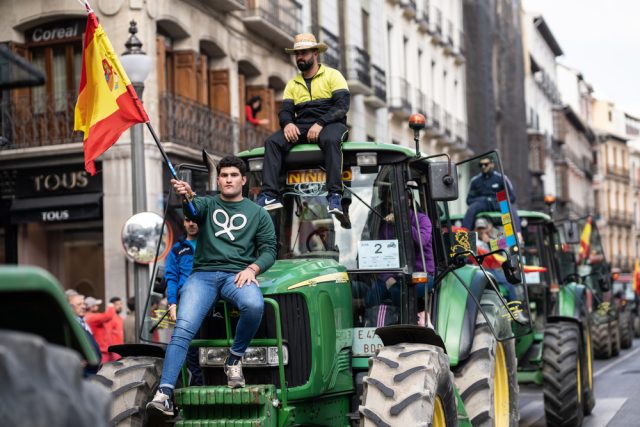
During the first days of June and at the gates of the next European elections, an unprecedented event has taken place at the border between two countries of the Union: Spain and France.
It has been two long days, since June 3, 2024, that both French and Spanish farmers and stockbreeders decided to obstruct and cut the border accesses between both countries. This, to which some may be accustomed, is, however, peculiar for the simple reason that, for once, farmers and ranchers, that is, workers in the primary sector, of both countries have joined forces to defend themselves against a common enemy: agri-food products from third countries that are imported into the European Union but which, however, do not meet the same standards of quality and control to which European Union products are subject.
However, it should not be thought that this call is something isolated in time and context. Already for months, throughout the European Union, protests have been held by the primary sector demanding fair policies for farmers and livestock farming in each Member State. In Poland, Spain, France and Belgium, the protests were very well received by society and the demands were supposedly taken into consideration by the different political institutions. Nothing could be further from the truth, after almost four months, circumstances have not changed at all for European producers.
Within these demands, national and international authorities are also required to lower taxes for the sector, as well as incentives so that the prices of fuels necessary for agricultural and livestock production can be lower and thus allow farmers and ranchers to meet these expenses.
However, it is essential for all of them that the European Commission can reach a consensus with the rest of the Member States on a plan that considers the continuous and long periods of drought that many European countries, such as Spain, are suffering. It is therefore necessary, from a common perspective, to face a problem that can put an end to the most essential sector since the beginning of time: the primary sector.
It is also important to know that the European Commission and the European Parliament, eternally governed by European liberals and socialists, have not given the importance that European agriculture and livestock farming need, while underestimating the strength and organizational capacity of the sector. However, as we have seen, Europe and all its citizens may experience a major crisis if the primary sector decides to stand up to the unacceptable demands made by European administrators.
Of all these claims, there is one issue that goes beyond even what a citizen can assume responsibility for on the part of the European authorities. It is the question of the importation of foreign products on which these lines are intended to focus.
For many years now, Spanish, Italian, French or Polish products have had to comply with quality, control and production standards that make economically viable production almost impossible. Meanwhile, European borders are opened without apparent control to products from third countries which, far from being assimilated to European products in terms of quality or control, can pose, as has already been seen on some occasions, a danger to public health.
In short, Europe seems to have two options for the future. To comply with the demands of European farmers and breeders or assume the consequences of a stagnant and unproductive primary sector. These elections are, therefore, decisive to resume the importance that the agri-food sector has for the competitive Europe that everyone wants to have.



 Subscribe
Subscribe